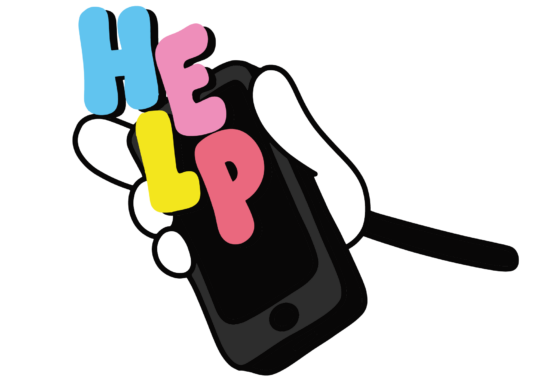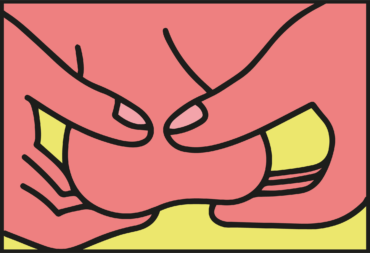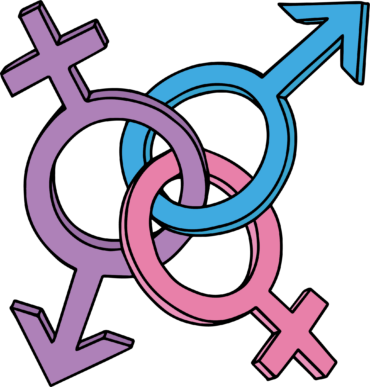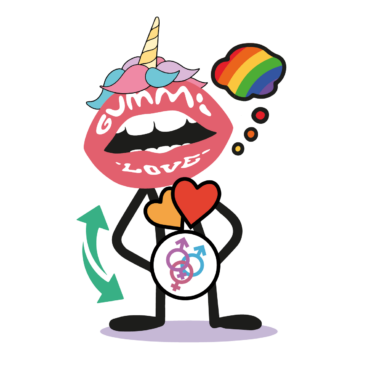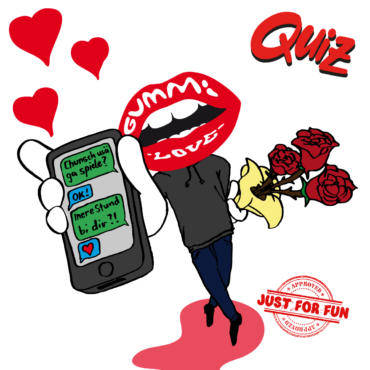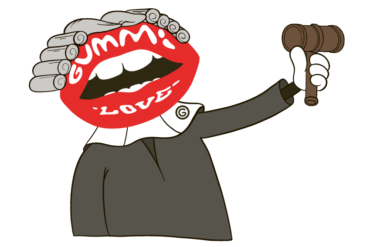How to behave online?
1. social media has many advantages
The internet has many advantages. Here are some of them:
Exchange
You can connect and share with people all over the world. You can find people with similar interests. You can easily get in touch with friends at any time.
Inform
You can find out about all sorts of things on social media. You have the opportunity to learn new things. You can easily get help in all kinds of situations.
Interests
If you have a particular interest, you can join or follow these interest groups.
Identity
You can showcase yourself and your special skills on social media and be celebrated for it. You can be creative, sporty, musical, fashionable, cheeky, wild, chilled, funny and much more.
Anonymity
You can create a profile with a nickname and post things like art and nature and never show yourself personally. So as an active person on social media, but still totally anonymous.
2. the use of social media unfortunately also harbors dangers
Distraction
If you are on social media and doing something at the same time, your concentration may be disturbed. People often avoid getting things done by escaping to social media. It's often easier to hide away in your room and communicate with others there. Don't forget that you should also spend time with real people in real life.
Hate
Unfortunately, there are people on the internet who are not respectful and fair. Hate comments can be very hurtful.
Harassment
Unfortunately, social networks also offer perpetrators a good platform. You may receive unsolicited sexual images. You may be asked for nudes. A person harassing you in many different ways and channels. This can go as far as threats, violenceViolence is when someone deliberately hurts or damages someone else. There are different types of violence, for example physical violence, verbal violence, psychological or structural violence. Violence is never okay. Violence can also be u... and blackmail.
Once on the net, always on the net
Pictures, videos or information posted online by you, but also about you by others, are online and can often no longer be deleted. Something that has been posted online can also be spread very quickly and you have no control over the extent to which this happens.
Incorrect information
There is always false information on social media. Here, too, there are people or organizations who do not mean well. They want to influence you, sell you something or are only interested in their own fame.
Algorithm
Your algorithm will find out exactly where your interests lie. This is then presented to you. So you are moving in a bubble of topics and people. This can lead you to believe that this topic is omnipresent or that all people share these interests or have these views. This creates a false picture of reality or if you look at a sad or brutal topic, it pulls you right into the rabbit hole.
Perpetrators
Unfortunately, there are not only nice and trustworthy people on the Internet, but also perpetrators who can proceed as follows:
- Listens attentively and takes a conspicuous interest in worries and problems
- Pays exaggerated compliments
- Incites against one's own environment such as friends, parents, teachers and reduces contact with others
- Topics of conversation are often appearance, body, loveLove is a strong feeling of emotional and often physical attraction to another person. It can manifest itself in various forms, such as romantic love or love for friends and family. Ideas and experiences of love and relationships develop du... or sexuality
- Makes tempting offers such as becoming an influencer, model or actor
- Bids offers such as branded clothing, cell phones, money...
- Exerts pressure and uses information as blackmail or makes you feel guilty
- Uses sexySexy is the feeling when you feel attractive and confident as a person. It doesn't just mean that you look a certain way, but above all how you see yourself and how you behave towards others. Sexy is a strong expression of a person's energy... pictures as bait and demands something in return as proof of trust
- Sends dickpics to demonstrate power
Watch out for these warning signs and get help if someone is manipulating, pressuring or blackmailing you. It's not your fault!
3. there are important rules of conduct on social media
To be fair online, there are a few rules that are important:
- Behave fairly and respectfully towards others
- Ask about the age of the other person (comply with age regulations for minors)
- Do not send photos or nudes to others without being asked
- Do not request erotic images from under-14s in Germany and Austria or under-16s in Switzerland. You can find the legal regulations here.
- Do not pretend to be someone you are not (fake profile)
- handle other people's information and photos carefully and responsibly
- respect borders
- take responsibility for others and don't become an accomplice
- form your own opinion and stay objective
- don't make hate comments!
- don't offer others information, products or help if you don't have the relevant expertise or the products are fake.
4. you can protect yourself or get help
Protection
- Protect your privacy (place of residence, cell phone number...)
- Never publish passwords.
- Be careful which pictures of yourself you publish
- Don't neglect your circle of friends or your hobbies in your offline life.
- If you need a serious and honest opinion about yourself, listen to your family or friends in your real offline life
- If you want to meet someone you've got to know from the internet, go with someone or go to a public place first. Inform someone about this meeting.
- Make sure that people you don't know can't access your location.
Help me
- If something unwanted has happened to you, don't be ashamed. It wasn't your fault. You can confide in a person or a specialist unit. You have the right to get help.
- Here you will find the support services in your area.
- Do not respond to provocative or offensive messages.
- Secure evidence (screenshot, save pictures).
- Block and report.
5. what is cybersex? - Eroticism on the Internet
There are people who live out sexSex is an intimate activity between two or more people who share physical closeness. Sex can be practiced in different ways, depending on the preferences and desires of the people involved. The only rule that always applies: sex without mut... and eroticism on the Internet. Cybersex involves playing with words, videos or images in a very sexy way. Under 14-year-olds in DE/AT and under 16-year-olds in CH may not be asked for erotic images. Nor may nudes of themselves be produced, sent or published at this age. This is a criminal offense. Exception: If young people take nude or sexual pictures of themselves by mutual consent and share them with friends, this is exempt from punishment in certain cases. Both parties must be in agreement and the age difference must not be too great. Click here for the legal regulations.
Nobody is allowed to demand cybersex, it always requires the consent of all persons involved, even on the internet.
Cybersex can be practiced through nude pictures, role play, masturbationForeign word for masturbation or masturbate. in front of a webcam and with sexual audio recordings.
People who are of legal age to share sexual fantasies, desires, suggestive texts, images or videos with others can still protect themselves:
- Do not reveal your identity
- No recognition value such as face, tattoos, jewelry not recognizable in the pictures or videos.
- Never show your face or body in a picture.
- Think in advance about what is OK for you and what is not.
- Set clear boundaries and stop if it becomes too much or uncomfortable for you.
6. there are also crimes on social media
- Cybergrooming: Adults seek out minors in chat rooms to chat with them, but their intentions are sexual.
- Cyberstalking: When someone is repeatedly contacted via countless chats, calls or requests, it is called cyberstalking.
- Abuse: Swearing or making untrue statements that can make the person seem contemptible.
- Defamation: false accusations and slander
- Threat: a threat occurs when a person expresses a desire or intention to harm another person.
- Harassment: inappropriate phone calls or messages, sexual innuendo, obsceneProfanity is inappropriate, shocking or inappropriate language that relates to sexual topics and makes you feel uncomfortable. This includes language, grunts, gestures and images that are considered inappropriate, vulgar, dirty or sexually ... jokes, gestures and comments. Stalking, following or harassing.
- Coercion: Coercion means that someone is put under so much pressure by force or the threat of force that they are coerced into a certain behavior out of fear for their life or physical well-being.

Did you know?
Mark Zuckerberg,
has chosen the color blue for Facebook because he is red/green colorblind.
Test: What type of social media person are you?
Take the quiz and find out what type of social media user you are




